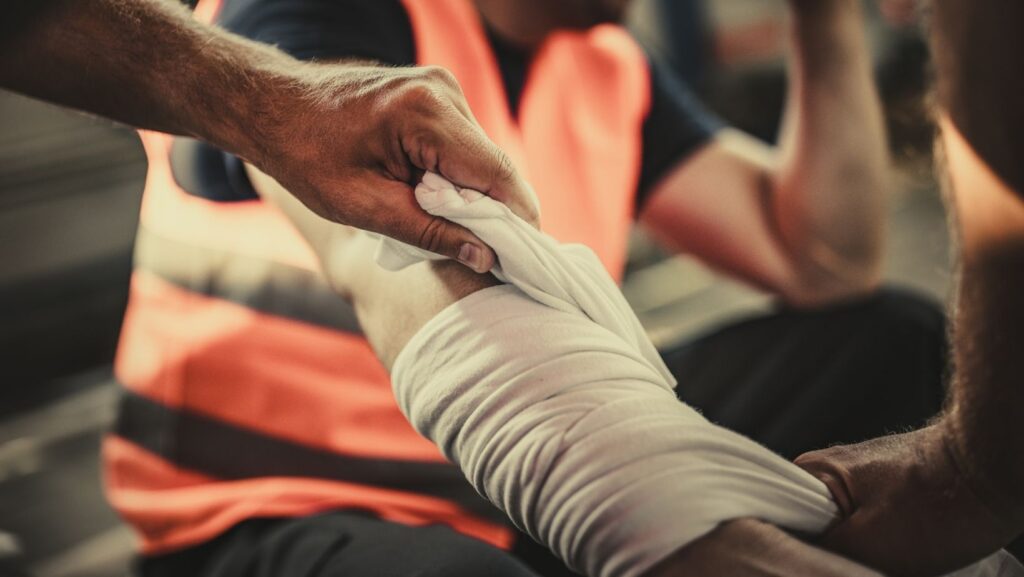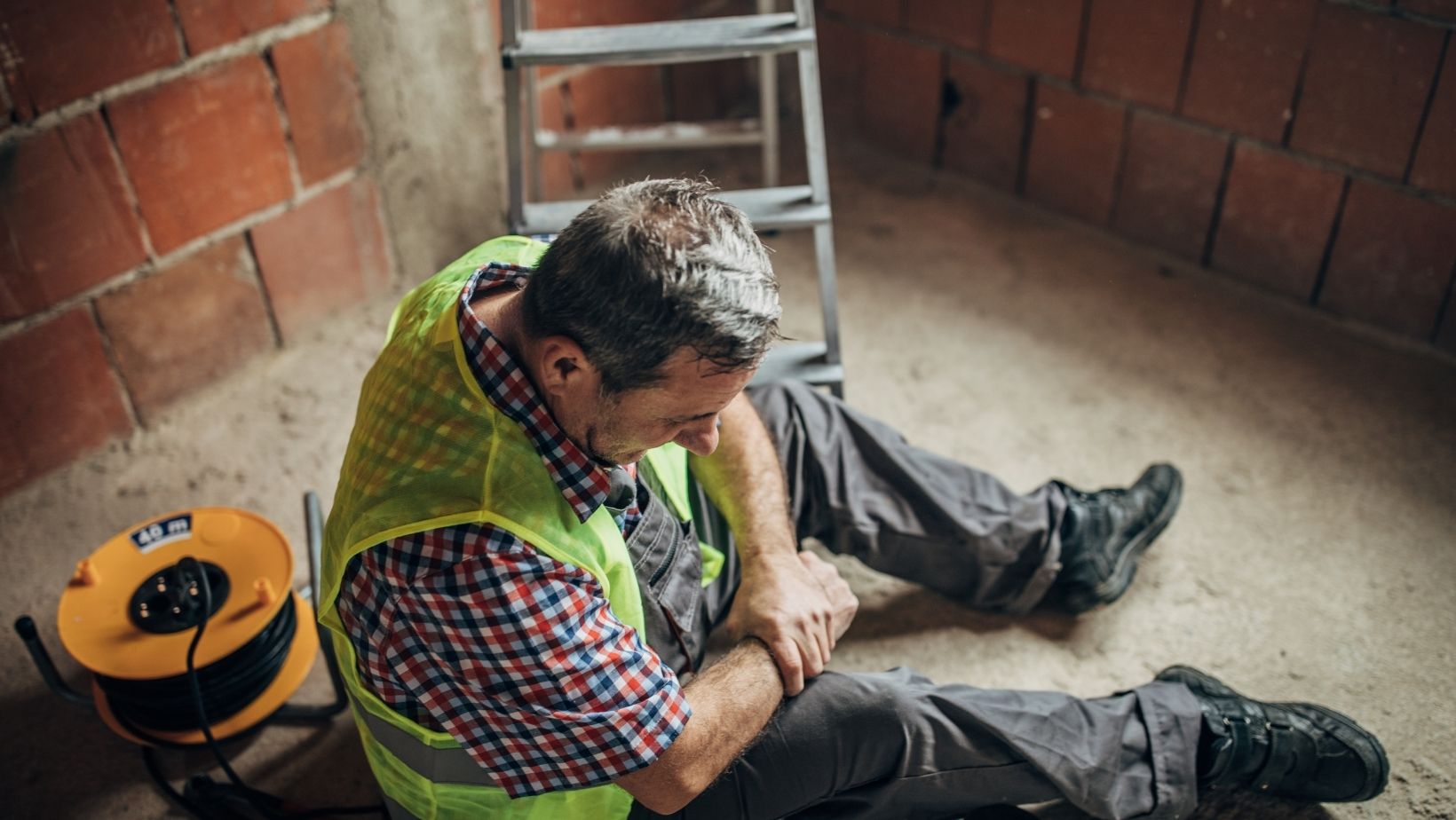
The gig economy offers flexibility and autonomy, attracting many workers seeking control over their schedules. However, this independence often comes at the cost of traditional employment benefits, including protections against workplace injuries. Gig workers frequently enter various properties—homes, offices, or public spaces—without prior knowledge of potential hazards. This exposure increases their risk of encountering unsafe conditions, leading to injuries.
Unlike traditional employees, gig workers may not have access to workers’ compensation or employer-provided health insurance. Consequently, when injuries occur, they bear the financial burden of medical expenses and lost income. Legal recourse becomes a complex process, often requiring proof of negligence by property owners. In such scenarios, seeking assistance from experienced professionals like the Valiente Mott injury attorneys can be crucial in navigating the legal landscape.
The Legal Gray Area for Independent Contractors
Gig workers are typically classified as independent contractors, a designation that limits their access to certain legal protections. This classification often excludes them from workers’ compensation benefits, leaving them vulnerable when injuries occur on the job. Determining liability becomes challenging, especially when multiple parties are involved. The ambiguity surrounding their employment status complicates the pursuit of compensation.
Moreover, gig platforms may distance themselves from responsibility, citing the independent nature of the worker’s role. This detachment can hinder injured workers from receiving support or acknowledgment from the platforms they serve. As a result, gig workers must often rely on personal insurance or legal action to cover their losses. Understanding these legal nuances is essential for gig workers to protect their rights effectively.
Common Hazards Faced by Gig Workers
Working in unfamiliar environments exposes gig workers to a wide range of safety risks, many of which aren’t immediately obvious:
- Uneven Walkways and Slippery Floors- Poorly maintained surfaces can lead to trips, slips, and falls while delivering goods or navigating properties.
- Poor Lighting- Dim or no lighting increases the chance of missing obstacles, curbs, or steps, especially at night.
- Unsecured Pets- Dogs or other animals left loose can lead to bites or attacks during drop-offs or in-home visits.
- Tight Deadlines and Time Pressure- Rushing to meet delivery or ride targets often causes workers to overlook hazards or take unsafe shortcuts.
- Unfamiliar Terrain- Navigating new neighborhoods or entering unknown properties raises the risk of accidents in driveways, stairwells, and parking areas.
Even when gig workers stay alert, unpredictable conditions and tight schedules can still lead to serious injuries.
Challenges in Holding Property Owners Accountable
When injuries occur on private property, establishing the property owner’s liability can be complex. Property owners may argue that they were unaware of the hazard or that the gig worker assumed the risk by entering the premises. Proving negligence requires demonstrating that the owner knew or should have known about the dangerous condition and failed to address it. This burden of proof often falls on the injured gig worker.
Furthermore, the transient nature of gig work means that workers may not have established relationships with the property owners, complicating communication and accountability. In some cases, property owners may be absent or unresponsive, delaying the resolution process. Legal assistance becomes invaluable in gathering evidence, negotiating with property owners, and pursuing rightful compensation. Understanding the legal responsibilities of property owners is crucial for gig workers seeking justice after an injury.
The Financial Impact of Injuries on Gig Workers
Injuries sustained on the job can have significant financial repercussions for gig workers. Without access to paid sick leave or disability benefits, time off work translates directly into lost income. Medical expenses, including emergency care, rehabilitation, and medication, can quickly accumulate. These financial strains can be overwhelming, especially for workers relying solely on gig income.
Moreover, the lack of a stable employer-employee relationship means that gig workers may not receive support or accommodations during their recovery. This absence of assistance can prolong the healing process and delay the return to work. Some workers may feel compelled to resume duties prematurely, risking further injury. Comprehensive planning and legal guidance are essential to mitigate these financial challenges.
Navigating Insurance and Compensation Claims
Filing insurance claims as a gig worker can be a daunting task. Personal insurance policies may not cover work-related injuries, and gig platforms often provide limited or no coverage. Understanding the terms and limitations of available insurance options is critical. Missteps in the claims process can result in denied or insufficient compensation.
Additionally, the complexity of insurance policies and legal jargon can be overwhelming for individuals without legal expertise. Seeking assistance from knowledgeable attorneys can help clarify rights and streamline the claims process. Legal professionals can also negotiate with insurance companies to secure fair settlements. Proactive engagement with legal resources enhances the likelihood of successful compensation claims.
Preventative Measures and Safety Practices
While not all accidents are preventable, gig workers can adopt safety practices to minimize risks. Conducting quick assessments of properties upon arrival can help identify potential hazards. Wearing appropriate footwear, using caution on unfamiliar terrain, and carrying a flashlight for poorly lit areas are practical steps. Staying alert and cautious can reduce the likelihood of accidents.
Furthermore, documenting any observed hazards and reporting them to the respective platforms can contribute to safer working conditions. Engaging in safety training programs, when available, can also enhance preparedness. Building a network with fellow gig workers to share experiences and tips can foster a culture of safety. Ultimately, proactive measures empower gig workers to protect themselves in unpredictable environments.
The Role of Legal Support in Protecting Gig Workers
Legal support plays a pivotal role in advocating for the rights of injured gig workers. Attorneys specializing in personal injury and premises liability can provide guidance on legal options and strategies. They assist in gathering evidence, filing claims, and representing clients in negotiations or court proceedings. Their expertise increases the likelihood of securing fair compensation for injuries sustained.
Moreover, legal professionals can challenge unfair practices by gig platforms and property owners, holding them accountable for negligence. They can also advocate for policy changes to enhance protections for gig workers. Access to legal resources ensures that gig workers are not left to navigate complex legal systems alone. Empowered with legal support, gig workers can assert their rights and seek justice effectively.













